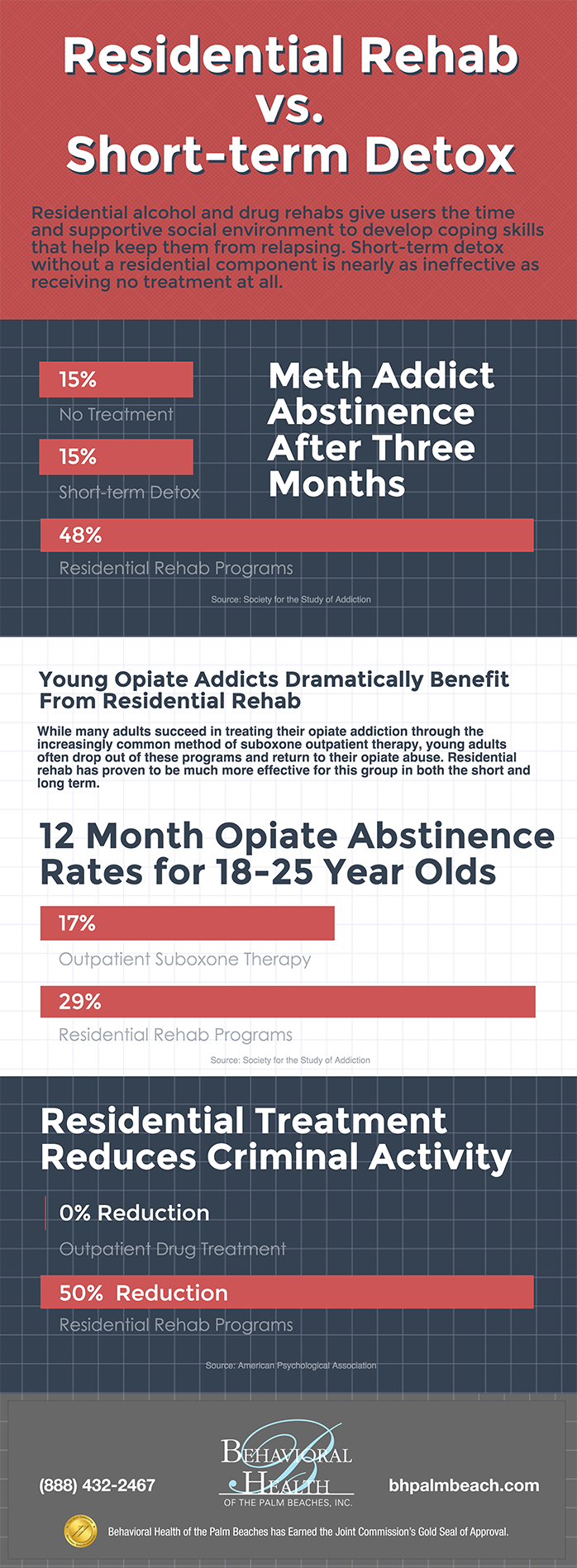Beating Shame And Regret In Drug Recovery: Damaging The Stereotypes
Beating Shame And Regret In Drug Recovery: Damaging The Stereotypes
Blog Article
Created By-Berger Dickey
You're not alone in the battles you encounter, and resolving the preconception bordering pity and regret in Drug rehab is the very first step in the direction of redeeming your life. By exploring the roots of these emotions and learning to navigate them in a supportive setting, you can pave the way for true recovery and development. Stay tuned to uncover just how damaging devoid of the weight of pity and regret can open a path to self-acceptance and a future filled with pledge and positivity.
The Effect of Pity and Sense of guilt
Experiencing embarassment and shame can significantly impede your development in Drug rehabilitation by developing barriers to self-acceptance and healing. When you carry the weight of shame for previous actions or guilt for the influence of your addiction on enjoyed ones, it can be challenging to progress. These feelings may bring about low self-confidence, making it hard to believe in your capacity to alter and recuperate.
Embarassment and sense of guilt can also sustain negative thought patterns, enhancing the belief that you're unworthy of help or redemption. This can prevent you from totally participating in the healing process and seeking support when required. The worry of judgment from others or the anxiety of encountering your own feelings may lead you to stay clear of required conversations or therapy sessions.
Recognizing and dealing with these sensations is essential for your healing journey. By resolving your shame and regret in a safe and supportive setting, you can begin to grow self-compassion and forgiveness. This shift in way of thinking can empower you to accept the recuperation process with a newly found feeling of hope and resolution.
Strategies for Recovery and Improvement
To facilitate your recovery and transformation in Drug rehabilitation, applying effective techniques is crucial. simply click the next internet page is to actively participate in therapy sessions. By taking https://blogfreely.net/mitch93dominica/do-you-want-to-check-out-how-drug-rehabilitation-therapy-can-transform-lives in individual and team therapy, you can address underlying concerns, find out dealing mechanisms, and obtain support from experts and peers.
An additional crucial strategy is to focus on self-care. This includes getting sufficient rest, consuming nutritious dishes, and participating in physical activities that advertise wellness. Additionally, practicing mindfulness and reflection can help you remain present and handle desires or triggers properly.
Setting practical objectives and celebrating little triumphes in the process can also contribute dramatically to your recovery trip. By breaking down your recovery procedure right into manageable steps, you can maintain inspiration and track your progression.
Moreover, surrounding yourself with a favorable support group of pals, family members, or fellow individuals in recuperation can supply encouragement and liability. Remember, everyone's path to recovery is one-of-a-kind, so it's necessary to locate strategies that reverberate with you personally and adjust them as needed to foster enduring change.
Embracing a Life of Sobriety
Accept sobriety as a new chapter in your life, filled with opportunities for growth and satisfaction. Deciding to live a sober life is a daring action in the direction of a brighter future. By selecting sobriety, you're picking to prioritize your health and reclaim control over your life. It might appear daunting at first, yet remember that each day sober is a day of development and toughness.
As you embrace sobriety, border on your own with encouraging and understanding individuals that boost and motivate you on this trip. Participate in activities that bring you happiness and satisfaction, aiding you find the elegance of life without materials. Accepting Corona Adult Substance Abuse Treatment of soberness isn't about deprival however about empowerment. It opens doors to new opportunities and permits you to connect with your genuine self.
Celebrate each landmark along the way, no matter exactly how tiny, as they indicate your durability and resolution. Remember, soberness is a present you give yourself, resulting in a life full of quality, purpose, and unlimited possibility.
Conclusion
Finally, breaking the stigma surrounding pity and regret in Drug rehabilitation is important for individual development and healing. By dealing with these emotions head-on, exercising self-care, and embracing sobriety as a brave selection, people can change their lives and find happiness and objective.
With a positive support system and a dedication to self-improvement, getting over embarassment and regret leads the way for empowerment and a satisfying, sober future.
